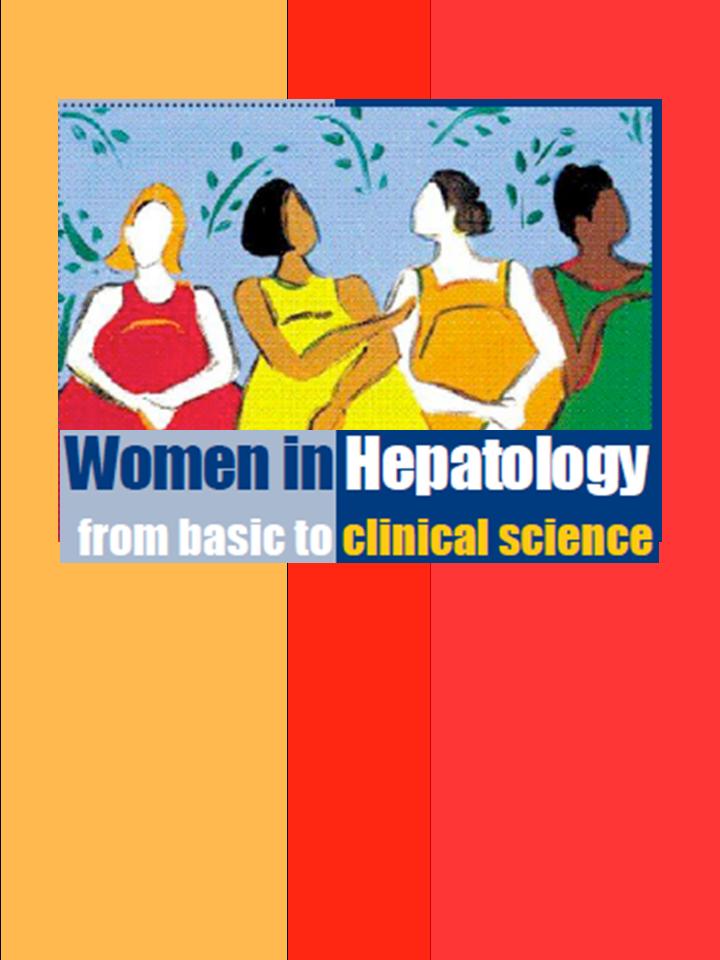


|
|
|
|
|
|




Site Presentation![]()
Hepatology is a field in continuous evolution: the epidemiology of chronic liver disease is changing at extremely high speed, with diseases like NAFLD/NASH (which recognize a dismetabolic etiology) quickly taking over spaces so far occupied by virally-associated disease (HBV and HCV). To make things more difficult, it is increasingly evident that dismetabolic- and viral-associated diseases (especially Hepatitis C-linked cases) might share pathogenetic similarities (e.g. insulin resistance) that could lead to shared therapeutic approaches.
This is only an example of the several open questions in Hepatology: others are for example the need for improving therapeutic results in hep C; the definition of the real possibility of preventing HCC by means of therapies that address the inflammatory alterations (antiviral or antifibrotic); the understanding whether the extensive molecular research going on in HCC field will end up in a real possibility of improving prevention and/or cure of this tumor, increasing in incidence and severe in prognosis and last but certainly not least, the evaluation of the possible strategies to improve the outcome of transplant in Hep C patients.
All of these considerations strongly indicate that the modern Hepatologist must have not only clinical knowledge but also a deep understanding of basic science and should be able to continuously shuttling from on type of expertise to the other in order to give his/her patients he best answers and have science progress.
Most of Hepatologists fulfilling this delicate balance are women: they have substantially contributed in the last years to basic and clinical research. This meeting will be the occasion to gather together all these expertise with the intention of sharing knowledge, discussing basic and clinical projects and ounding a cooperative scientific group that will have the possibility of bring a personal view in this difficult field of science.

